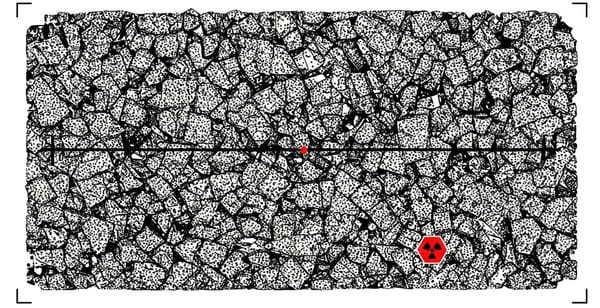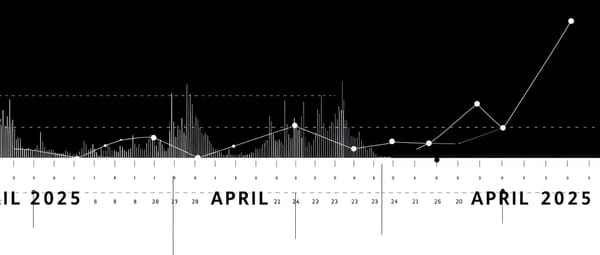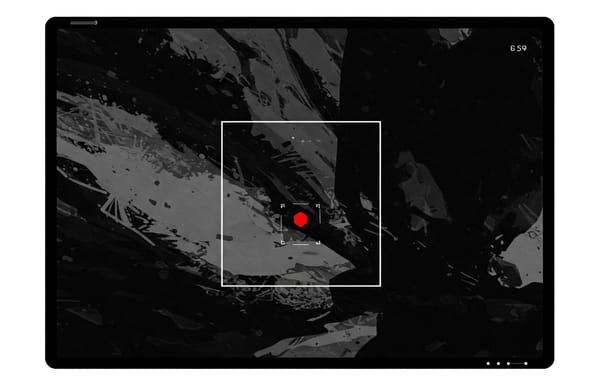Global Radiation Monitoring: How Nations Safeguard Trade and Security
How do countries prevent radioactive materials from slipping into imported goods? From high-tech scanners in the U.S. to Japan’s post-Fukushima vigilance, nations employ diverse strategies to protect public health and security. Explore the global efforts shaping radiation monitoring today.
Have you ever wondered how countries ensure that imported goods don't contain unwanted radioactive material? This is a critical issue with implications for public health, environmental safety, and even national security. While the provided text focuses on Korea's system, let's broaden our scope and explore how other nations tackle this challenge.
Diverse Approaches to a Common Concern
Interestingly, different countries have distinct motivations and methods for monitoring radiation in imported cargo.
- United States: The US primarily focuses on preventing the import of radioactive materials that could be used for malicious purposes, such as terrorism 1. Imagine a system of high-tech scanners at every port, like something from a sci-fi movie! That's essentially what the US has implemented with its Radiation Portal Monitor (RPM) program. These devices scan cargo containers for illicit radioactive sources.
- European Union: The EU prioritizes the safe transport and handling of radioactive materials. Think of it as a carefully orchestrated network of regulations and guidelines ensuring that any radioactive material entering or leaving the EU is adequately documented and controlled. Recent updates to EU regulations, like the Shipments of Radioactive Substances (EU Exit) Regulations 2019, reflect this commitment to safety.
- Japan: Japan's approach is heavily influenced by the Fukushima nuclear accident. They've implemented stringent measures to monitor food imports and environmental radiation levels, emphasizing public health. It's like a national health check, but the environment and imported goods are scrutinized instead of individuals.
- Malaysia: Malaysia tackles radiation concerns through legislation, like the Atomic Energy Licensing Act, and public awareness campaigns. It focuses on regulating products containing radioactive materials, ensuring consumer safety, and responsible disposal.
Challenges and Opportunities
While these approaches vary, common challenges exist. False alarms from legitimate radioactive materials can slow trade and reduce efficiency. It's like a smoke detector going off every time you make toast - annoying and potentially dangerous if it leads to ignoring real threats.
However, technological advancements offer solutions. New media tools, like social media analysis, can help locate lost or "orphaned" radioactive sources. Imagine using the power of online networks to track down a missing radioactive device - it's like a global "lost and found" for hazardous materials.
Why It Matters
Radiation monitoring of imported cargo protects public health and safety, facilitates trade, and prevents potential security threats. By understanding the diverse approaches and challenges different countries face, we can learn from their experiences and improve our systems.
Conclusion
The world is increasingly interconnected, and the movement of goods across borders is essential for economic growth and development. However, this interconnectedness also presents challenges, including the potential for transmitting radioactive materials unintentionally or maliciously. Investing in robust monitoring systems, collaborating internationally, and staying informed about the latest technologies can ensure a safer and more secure future for all.




